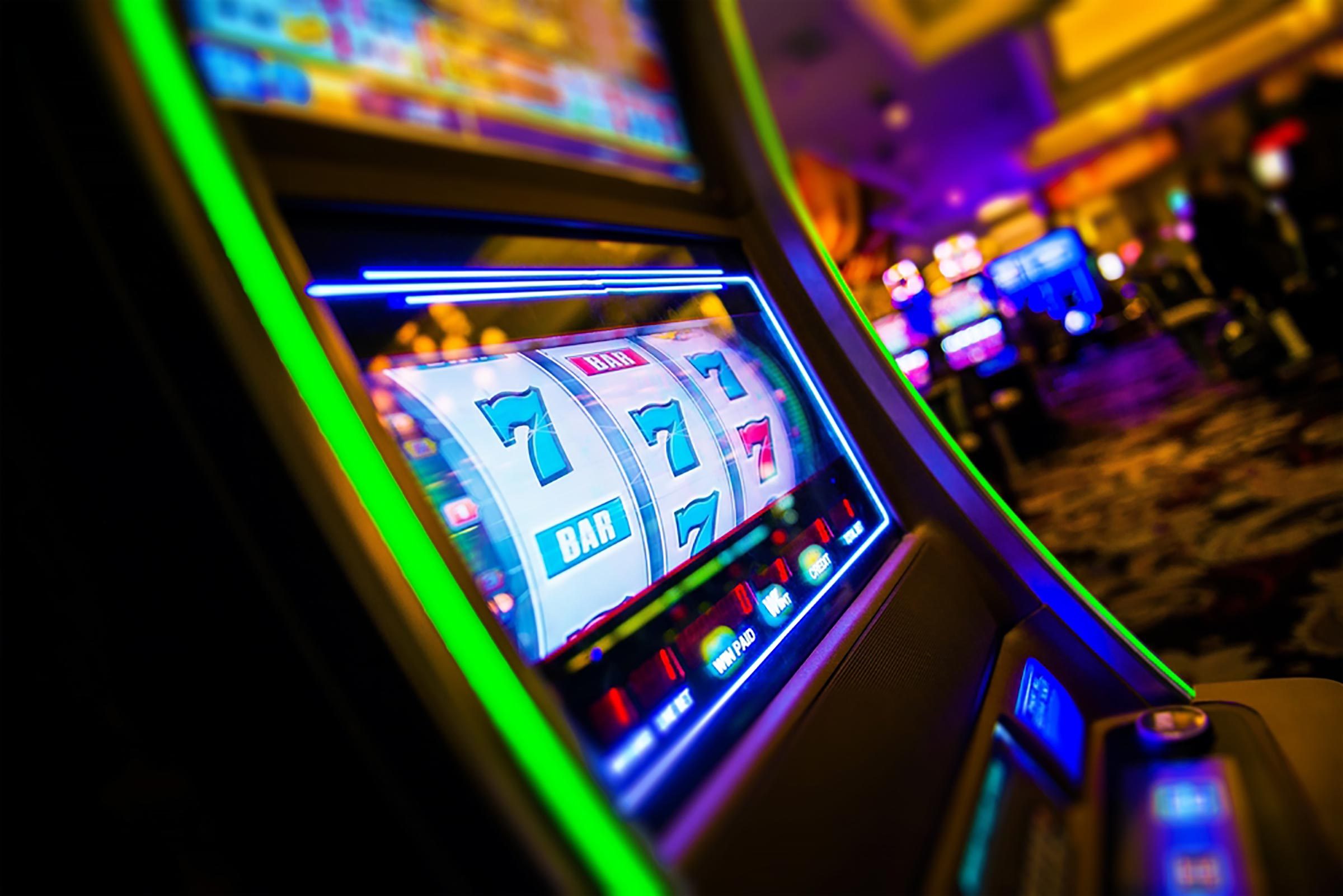
In the world of gambling, where chance and strategy meet, a unique tapestry of beliefs unfolds—one that weaves together luck, fate, and the enigmatic nature of casino games. Casinos, bustling with excitement and anticipation, are not just spaces for placing bets; they are also arenas where superstitions thrive. From the novice player to the seasoned gambler, these mysterious practices often shape how individuals approach the games they play, believing that their actions can impact the outcome in ways that go beyond mere probability.
When players gather around roulette wheels, blackjack tables, and slot machines, the atmosphere is thick with stories of lucky charms, rituals, and codified behavior that defy logic yet provide a sense of comfort. It could be the case that it’s wearing a specific outfit, following a particular sequence of bets, or even avoiding certain numbers, the attachment to various superstitions reflects a deep-rooted desire to control the uncontrollable. This article delves into the captivating world of casino game superstitions, investigating the beliefs that simultaneously entertain and mystify those who dare to play.
Historical Origins of Superstitions
Gambling games have long been interwoven with an variety of superstitions that can be traced to ancient societies. The beginnings of these beliefs can be connected to humanity’s innate desire to influence the unpredictable outcomes associated with luck and chance. In early civilizations, games of uncertainty were often linked to ritualistic practices. Players would call upon blessings or request favor from gods, believing that their actions could influence the results in their favor. This basis laid the groundwork for the myriad of superstitions that developed as gambling evolved over time.
During the medieval age, gambling became a widespread pastime across the continent, and with it, a diverse tapestry of superstitions appeared. Participants adopted different rituals and charms, believing they could change the consequences of games. The importance of numbers, in particular, emerged to show in superstitions related to card games and dice. The number seven was often considered auspicious, while different numbers carried bad connotations. These beliefs mirrored the societal contexts of the time, adapting as they moved through generations and adapted to new gaming environments.
As gaming establishments emerged in the seventeenth century, particularly in Italy and the French nation, the atmosphere surrounding gambling became saturated in mystique. The growing availability of gambling games allowed for the expansion and diversification of superstitions among players. Concepts like charmed charms, designated seating arrangements, and rituals gained prominence, creating a special culture within gambling establishments. As these customs continued to thrive, they became integral to the character of gambling games, illustrating how historical developments and culture shape the notions that influence how participants interact with chance.
Common Gambling Superstitions
Superstitions surrounding casino activities are abundant and varied, mirroring the dreams and fears of players as they participate in random activities. One of the most common views is that specific numbers bring fortune or bad luck. For example, the number 7 is often seen as a lucky number, frequently sought after by gamblers looking for a favorable outcome. Conversely, the number thirteen is routinely considered cursed, leading many players to avoid it during their gaming sessions.
A common belief relates to rituals that players believe can influence their odds. Whether blowing on dice before a throw, using a particular gesture to place a bet, or even putting on specific items of attire, many people feel that these actions can sway fate in their benefit. These rituals offer a sense of control in an otherwise unpredictable environment, strengthening the idea that fortune can be created through personal convictions and habits.
Finally, the environment and atmosphere of the gambling house itself contributes to myths. sites not on GamStop Many gamblers suggest that the presence of specific icons, such as four-leaved clovers or lucky coins, can enhance their odds of winning. Additionally, players might adhere to the belief that winning streaks can be halted by mundane occurrences, such as someone walking past or a spill at the table. The collective atmosphere in a casino can amplify these superstitions, creating a communal culture of superstitions that transcends individual experiences.
Impact of Superstitions on Players
Beliefs play a significant role in the mindset of casino players, often influencing their behavior and decision-making. Many gamblers believe that luck can be influenced through various rituals, such as wearing a lucky charm, choosing particular hues, or avoiding certain numbers. This dependence on superstitions can create a feeling of authority in an environment that is inherently unpredictable. Players frequently feel more self-assured and involved when they feel that their actions could sway the result of a game in their advantage.
The impact of these superstitions extends beyond singular players, affecting the general atmosphere inside the casino. For instance, a player who believes in the luck of a particular slot machine might attract a gathering, as others are fascinated by their apparent success. This collective belief can amplify excitement and create a dynamic environment, leading to an engaging experience even for those who may not necessarily be believers themselves. The buzz around certain games can lead to increased participation and longer playing sessions, supporting the casino’s lively social scene.
In some instances, superstitions can lead to harmful effects for players. Depending too much on rituals can result in poor gambling decisions, as some may ignore basic strategies in favor of baseless beliefs. Additionally, the stress to perform rituals may increase anxiety and stress levels, diminishing from the pleasure of the experience. Ultimately, while superstitions can enhance the excitement of playing casino games, they can also lead to unwise choices that overshadow the fun and amusement intended in the casino experience.
